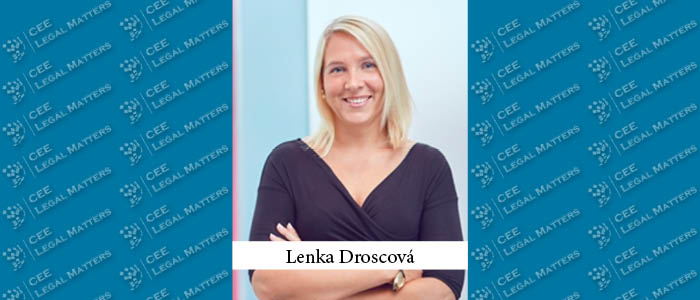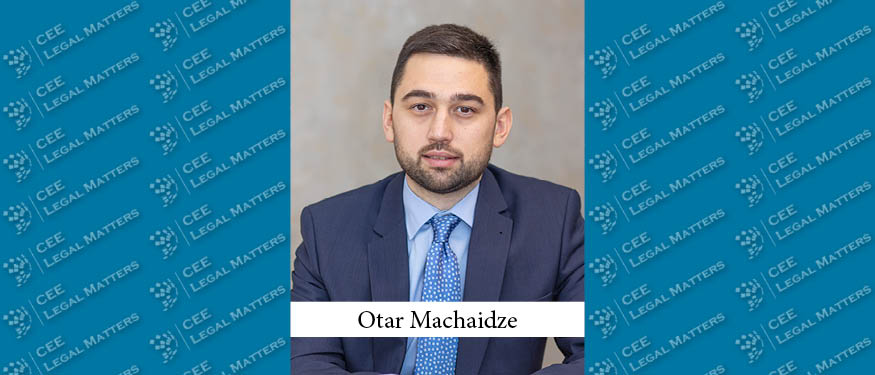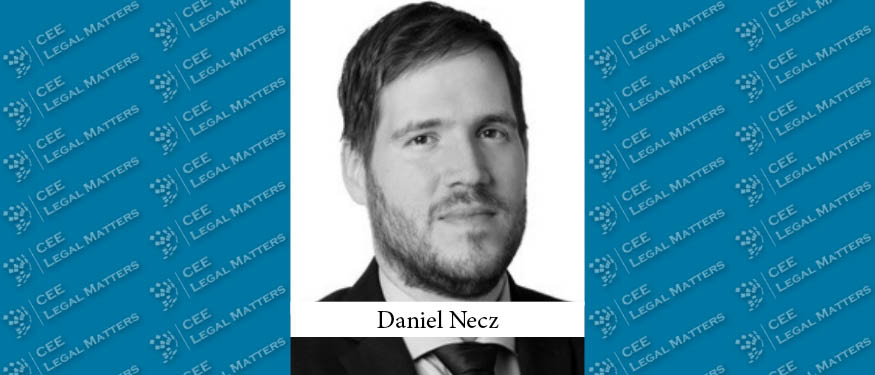The new legislation regarding agreements to complete a job has not even come into effect yet, and the Chamber of Deputies has already introduced further updates.
Initially, two thresholds were supposed to apply from 1 July 2024 for establishing employee participation in sickness insurance when working based on an agreement to complete a job. The basic qualifying amount was set to 25% of the average wage. If an employee worked under agreements to complete a job with multiple employers, the insurance participation limit was to total 40% of the average wage.
However, in April, the Chamber of Deputies approved an amendment that scrapped these two thresholds. The amendment introduces two regimes, namely “notified” and “non-notified” agreements.
An employee will be allowed to have one agreement to complete a job, which will be a so-called “notified agreement”. For this, the contribution threshold will be 25% of the average wage. For non-notified agreements, the obligation to participate in the employee’s insurance should apply as soon as the remuneration exceeds the limit for small-scale employment (currently CZK 4,000).
The employer will inform the Czech Social Security Administration (CSSA) about the intention to apply the notified agreement regime. If several employers submit the notification within a given month, the more favourable contribution regime will apply to the agreement that was notified first.
Unless any surprises occur in the remainder of the legislative process, the new contribution rules for agreements to complete a job will come into force on 1 January 2025. However, not all new obligations are postponed.
The obligation to report all employees under an agreement to complete a job to the CSSA remains unchanged and will apply from 1 July 2024.
By Lenka Droscova, Partner, Act Legal
















